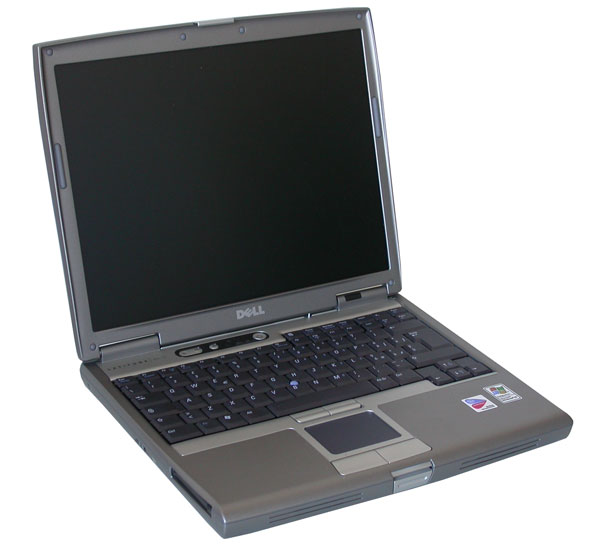
Dell latitude d610 multimedia audio driver driver#
But even if it were a BIOS issue, begs the question why Linux and the Intel X.org driver have worked fine all this time and now suddenly it doesn't. Dell hasn't released newer BIOS for my Latitude-D410 in quite some time and I know I'm running the latest version already. If it's a BIOS issue then in that case there isn't much I can do. As noted earlier, in my case I just noticed the fonts were different looking and the general sluggishness of the display and quickly figured out it's because the Intel X.org driver that I'm used to loading up was replaced by a generic possibly fallback VESA driver that at least works to get me to my desktop. However mine does manage to boot all the way up to a X login which proceeds to my desktop after authenticating. My Latitude-D410 also will NOT boot without nomodeset. Please do not hesitate to ask me for more help in testing this as I'd like to be able to boot my Latitude with the same ease as I boot my ThinkPad. I am including a copy of both dmesg and lspci running the 3.5.2 x86 kernel on my Latitude-D410 with the grub modifications I listed. Only thing I noticed is that the fonts appear different this way and I also suspect video acceleration is gone, unsure why.
Dell latitude d610 multimedia audio driver full#
If you employ full drive encryption, take note of a simplistic text prompt for your password, then eventually X will load and all is good again. Hit Ctrl-x and the system will proceed to boot in a text mode only form. Then modify the 'linux' line and remove 'rhgb quiet' and replace with 'nomodeset'. I played around with the grub settings that loaded the 3.5.x kernels until I found a combination of settings that work.įirst you need to hit 'e' when grub is about to boot the kernel, then remove the first two lines that read:

Both have similar Intel Pentium M CPUs and Intel based video.īut I'm writing to explain how I was able to convince my Latitude-D410 to boot the failing kernels. Hi, I'd like to chime in to say I own both a Latitude D410 (that as noted above does not successfully boot a 3.5.x kernel but 3.4.6 boots fine on) as well as an IBM ThinkPad T43 that has the same exact setup with no problems booting the aformentioned 3.5.x kernels. dracut: rd.md=0: removing MD RAID activation dracut: rd.dm=0: removing DM RAID activation Console: switching to colour frame buffer device 200x75 fbcon: inteldrmfb (fb0) is primary device Console: switching to colour dummy device 80x25 fb: conflicting fb hw usage inteldrmfb vs VESA VGA - removing generic driver

vgaarb: device changed decodes: PCI:0000:00:02.0,olddecodes=io+mem,decodes=io+mem:owns=io+mem Driver supports precise vblank timestamp query. Supports vblank timestamp caching Rev 1 (). dracut: rd.luks=0: removing cryptoluks activation Freeing unused kernel memory: 1484k freed Freeing unused kernel memory: 2024k freed Write protecting the kernel read-only data: 12288k Freeing unused kernel memory: 1000k freed

Here are the surrounding lines from dmesg when booted from that kernel " message when booting the 3.4.86_64 kernel. Sudo lspci -vvnn output from FC17 3.5 on Acer Ferrari 4006ģ.5 kernels video braindamage - Acer 5670 X.org.0.log Latitude-D410 running 3.5.2 32bit with modified grub options.ĭmesg output from FC17 3.5 on Acer Ferrari 4006

Lspci -v Latitude-D410 running 3.5.2 32bit with modified grub options. Sudo lspci -vvnn output from Acer Ferrari 4006ĭmesg Latitude-D410 running 3.5.2 32bit with modified grub options. Lspci.out - Dell Optiplex 170L (**Working**)ĭmesg.out - Dell Optiplex 170L (**Working**)ĭmesg output from FC17 3.4 on Acer Ferrari 4006


 0 kommentar(er)
0 kommentar(er)
